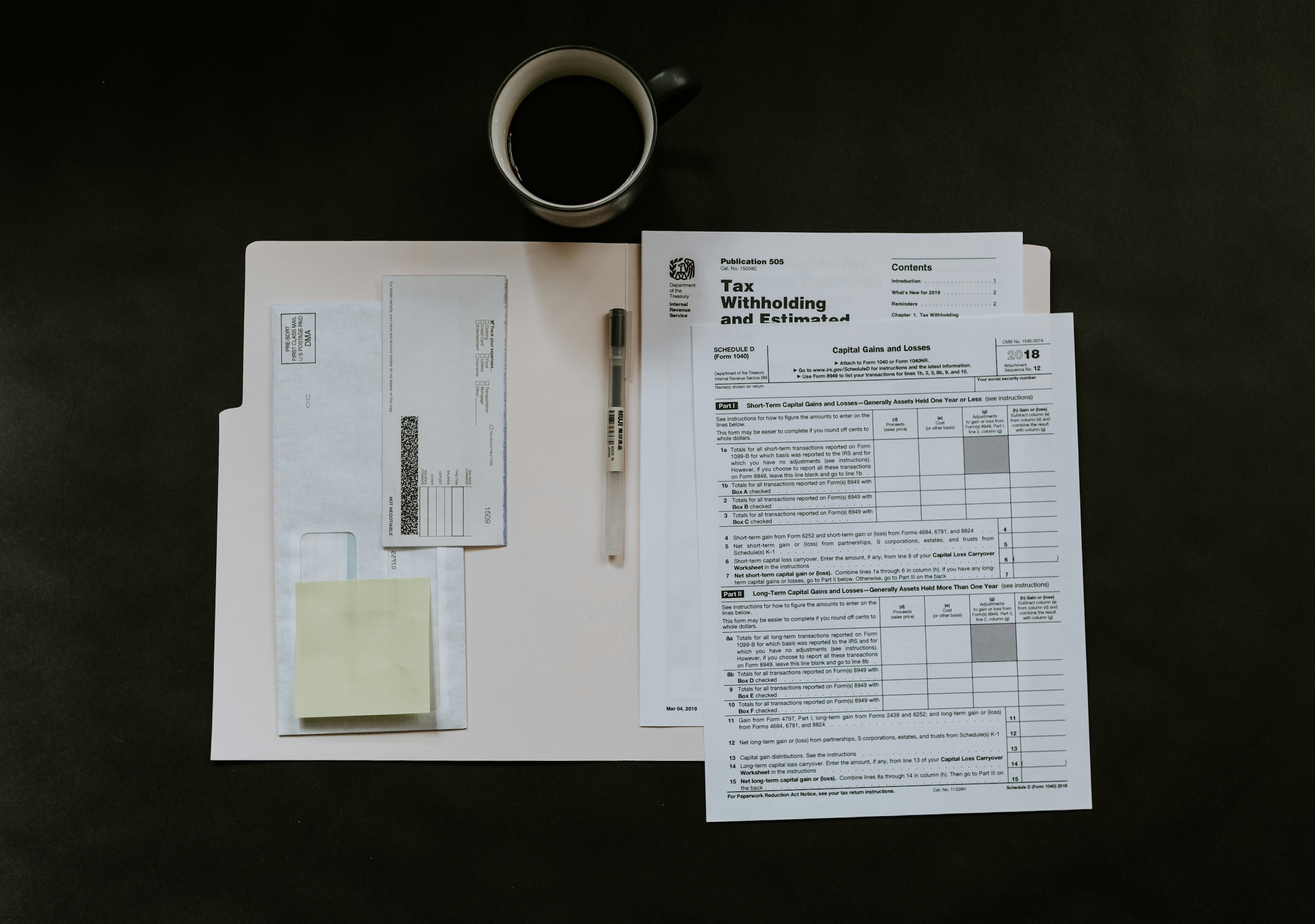On behalf of The Law Office of Wickersham and Bowers posted in Estate Planning on Tuesday January 5, 2021.
Many people worry about what will happen to their money when they pass away. They have worked hard all of their lives, and they want their families to benefit from their saving and accumulated wealth. The last thing hard-working Americans want is for the government to take the money they have earned away from their family members through estate taxes. If you are worried about the impact of estate taxes on your property, here are some tips to make your family’s tax burden smaller.
What Is An Estate Tax?
An estate tax is something your estate (what remains of your money or physical property after you die) must pay. Usually, your estate is your home, savings, stocks, and other assets you might have. Your estate must pay a tax after you pass on, and in some cases, it can be very steep. If you aren’t prepared, an estate tax can take up to 40% of the estate that you have left your relatives, which is shocking for many people. If you don’t want to give your money to the government, here are some ways to reduce your estate tax liability.
How to Reduce Your Tax Liability
First, you need to know that the ceiling of taxable liability that you can claim for your estate is now one million dollars, rather than the five million ceiling pre-2012. While this may sound like a lot of money, it shrinks perceptibly when you figure in your retirement accounts and your home.
The first thing you need to do to reduce your liability is to be sure you take all of your exemptions that you can for you and your spouse. You are allowed to claim all of the estate when your spouse dies with no liability. Next, if you have assets remaining, you can reduce your tax liability by giving the assets to family, or by putting them in a trust. Both are good ways to reduce your liability. You may also want to include in your estate tax plan purchasing life insurance to cover estate tax costs, so that your family isn’t left to pay tax debt. If you have questions about your estate, and estate taxes, you should consult an estate attorney.




